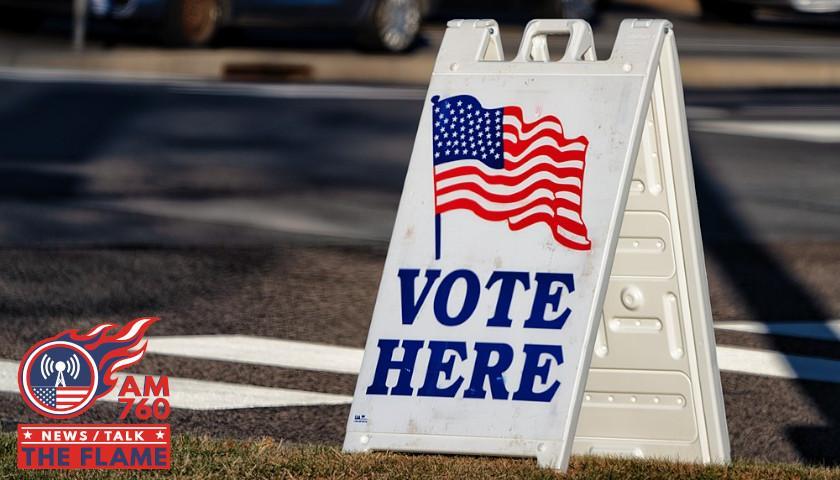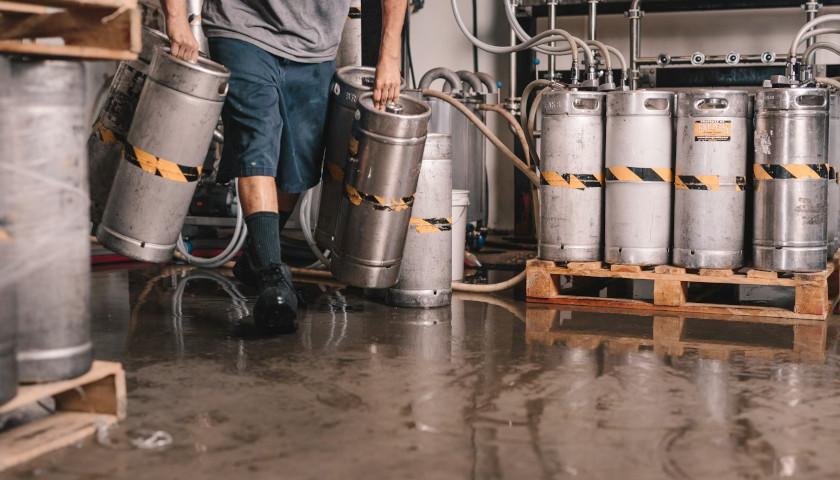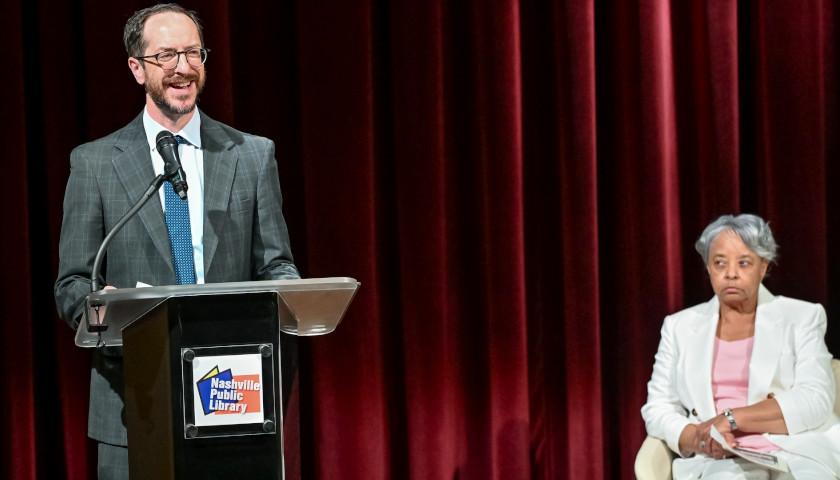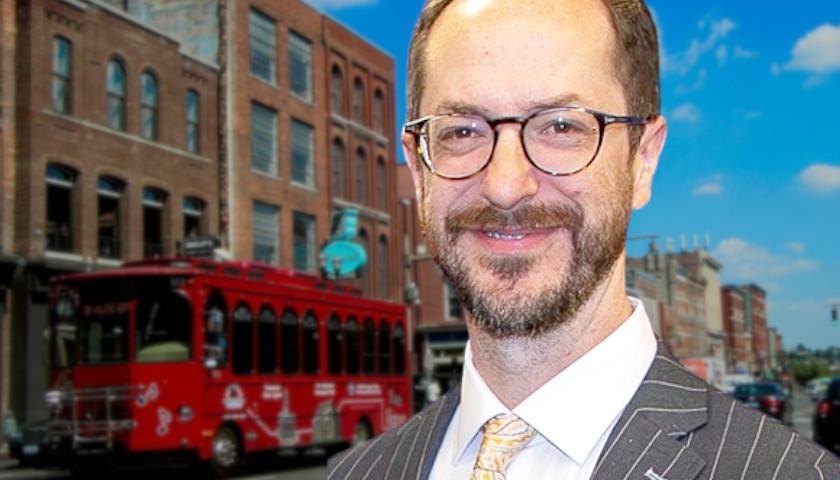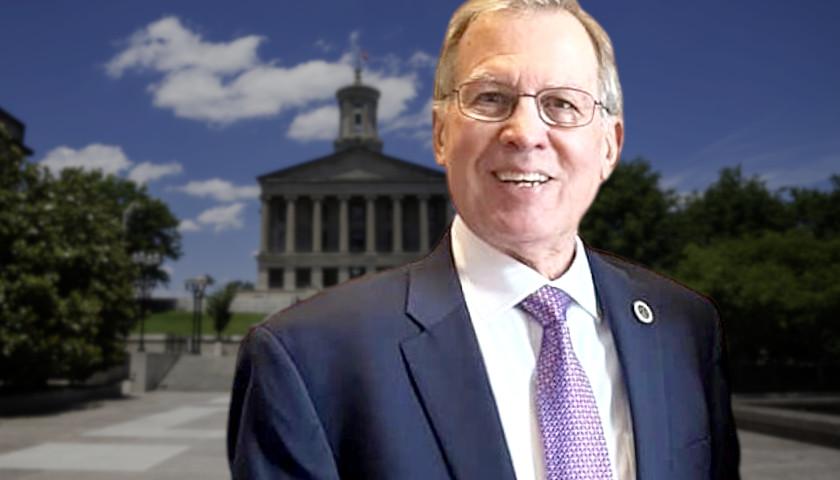Rachel Alexander, lead reporter at The Arizona Sun Times, said there is a “zero percent chance” anything could happen legally between now and November to change federal law allowing no proof of citizenship to be submitted in order for an individual to be eligible to vote in a federal election.
“These 10 million invaders that have come here into the United States under the Biden administration, they’re going to try to get them to vote,” host Michael Leahy said to Alexander on Tuesday’s episode of The Michael Patrick Leahy Show. “Are there other things that we can do to prevent illegal aliens from voting in the federal election in November 2024?”
“I give it about a zero percent chance because we’ve seen how over the last four years SCOTUS has ducked all the election integrity cases, everything has always been negative in terms of that,” Alexander said. “They see it as settled case law. This is not something where, I feel like, they’re going to change their mind like they did on, say, Roe vs. Wade. We haven’t seen any inclination that they’re going to change this.”
In Arizona, a person must submit valid proof of citizenship with his or her voter registration form in order to be entitled to vote in all federal, state, county and local elections in which he or she is eligible.
A person is not required to submit proof of citizenship with the voter registration form, but failure to do so means the person will only be eligible to vote in federal elections.
With this in mind, Leahy asked Alexander a practical question on the November election.
“Let’s say an illegal alien goes in person to vote in November of 2024 and they cannot produce proof of citizenship. Does the election worker say, ‘Oh. You can’t vote in the state and local election because you can’t produce proof of citizenship, but we’re going to let you vote for president and U.S. Senate or Congress.’ Is that a realistic way this might happen?” Leahy asked.
“Yes, that’s exactly how it’s going to go down,” Alexander said.
– – –
Kaitlin Housler is a reporter at The Tennessee Star and The Star News Network. Follow Kaitlin on X / Twitter.
Photo “Vote Sign” by Tony Webster CC BY 2.0.
